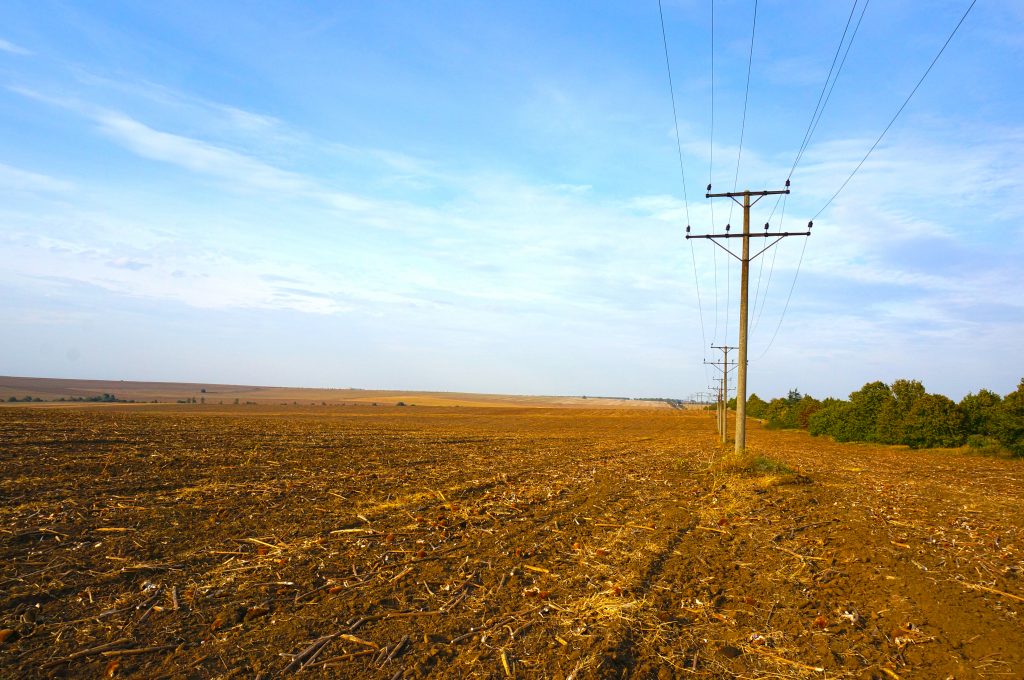International Women in Engineering Day #EngineeringHeroes
June 23, 2021 Dr Grazia Todeschini

The Challenge
While it has become clear that renewable energy sources are the future of electricity generation, these devices require new approaches and methods to manage the electricity grid. For example, it is well known that generation from renewable energy sources cannot be controlled in the same way as fossil fuels generation because natural elements (wind and sun primarily) are variable. But similarly to this concern, there are other challenges.
The impact of renewable energy sources on power quality is one such challenge. This term is used to characterise the voltage and current waveforms in the power system. In an ideal power system, current and voltage are sinusoidal waveforms with no distortion. However certain devices, such as renewable energy sources cause waveform distortion that can ultimately lead to poor power quality and various operational problems. If not solved, power quality issues, as well as other aspects of renewable energy integration, will lead to delays in renewable energy source integration, more costs for the customers and, in the worst case, more frequent outages. With my work, I am looking to find solutions to these challenges and promote the transition to a more sustainable society, in a cost-effective way.

The Method
By collaborating with National Grid, the University of Texas at Austin and Measurable Ltd, I am looking to develop accurate models that represents the present and the future UK electrical system. I am looking to develop novel models of renewable energy sources for power quality assessment in order to assess their impact on grid operation for increasing levels of renewable energy sources integration. One of the challenges of this work is that we are looking to study a large portion of the electricity grid, and therefore we need to include numerous renewable energy sources. This approach may lead to unmanageable simulation times. Therefore, our approach consists of identifying models that are accurate but at the same time allows reducing the complexity of the simulation.

The Solution
With this project, we are developing models for renewable energy sources that can be used by the power industry and other researchers to study the impact of renewable energy sources on the power quality of the electricity grid. While in our study we focus on the GB transmission system, these models can be used for power system studies concerning other countries. We will provide models in different formats to promote more accessibility. By applying these models to the electrical grid, we can identify potential power quality issues and provide mitigating solutions. The mitigating solutions can include, for instance, recommendations on the design or installation of additional equipment. This approach is unique because the models we develop take into account multiple aspects of renewable energy sources operation, such as power output, impact of the control parameters and other aspects of the design – such aspects are not generally included in the models used for power quality assessment so we are offering a more innovative approach.